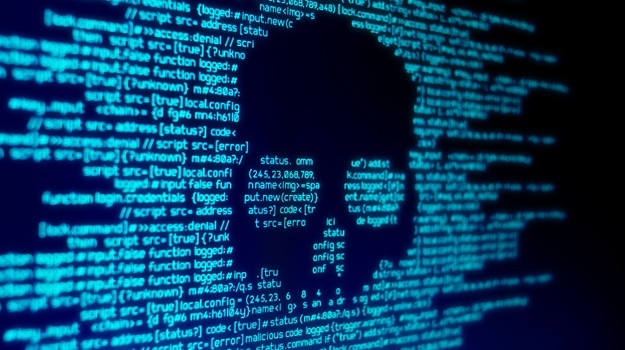
- About 45% of surveyed employees said they'd suffered a cybersecurity incident at work.
- Security is a top priority for businesses, particularly with the rapidly changing business environment and concurrent to increase in cyber threats.
- As a result, the role of chief security information officer has hugely expanded in its scope and responsibilities.
Cybersecurity is the top priority for businesses - second only to the impact of the coronavirus - and the easiest way to infiltrate any organisation is through someone who works there.
This is the stern warning from Craig Jones, cybercrime director at Interpol. Jones warns if companies only focus on technology, they are missing the critical bit that is human behaviour.
"We need to super-charge the human firewall," said Jones as part of a survey report by BT Security.
About 67% of consumers regard security as more important than convenience when choosing who to buy from, while only 16% trust large organisations to protect their personal data, according to the new the research by BT Security in partnership with Davies Hickman Partners. Over 7 000 people were surveyed globally.
About 45% of employees said they'd suffered a security incident at work, but did not reported it, while 15% of employees said they had given their work login and password to others in the organisation. Only one in three was fully aware of the policies and procedures they should take to protect the security of their organisation's data. Less than half of respondents said they had definitely received training on data security.
Security is also the top priority for businesses, second only to concerns about the impact of the coronavirus, particularly with the rapidly changing business environment and concurrent to increase in cyber threats.
As a direct result, the role of chief security information officer (CSIO) has hugely expanded in its scope and responsibilities and their role has never been more integral to business operations.
Kevin Brown, managing director of BT Security, explains that chief security information officers no longer just have to protect against threats and manage risk, but play an integral part in brand perception, employee engagement and a business' strategic adoption of new technologies.
No longer a 'phantom menace'
"Cybersecurity has risen to top of the business agenda - only the coronavirus remains a bigger concern. It's no longer a phantom menace but a mainstream business issue. As the pandemic accelerates digital transformation everywhere, it's the CISO who will be expected to step forward to provide essential leadership," Brown says in the survey report.
"The not-so-good news is that despite investment and a high level of confidence in corporate cybersecurity measures, breaches and losses continue to occur with alarming frequency. If we are to successfully make the transition to a more digital way of life, then every business must be on top of its cybersecurity game, day in, day out."
Jones explains in the survey report that the scale, pace and variety of cyber threats continue to grow at an alarming rate. For him the survey results demonstrate that CISOs now have a similar role to a "first responder" in law enforcement to protect organisations and individuals from harm.
"Their actions, and the plans and strategy that they have put in place in advance of cyberattacks, are often the key decider on how successful criminal attacks will be," adds Jones.
"This reaffirms the importance of a collaborative approach across the entire cybersecurity ecosystem, including law enforcement and the private sector, as the most effective way to tackle cybercrime."
He explains that human nature is, therefore, part of the problem – and part of the solution.
